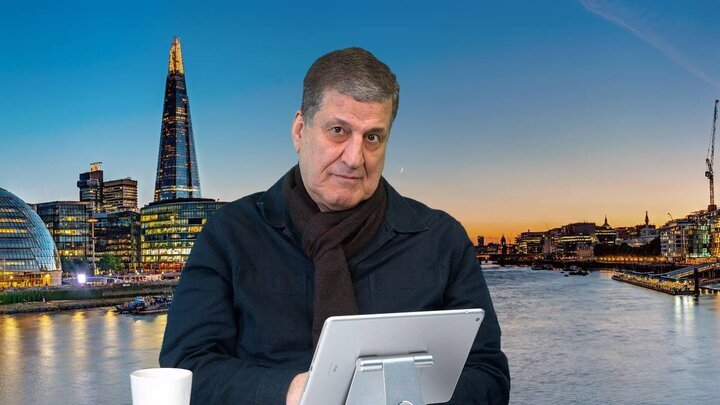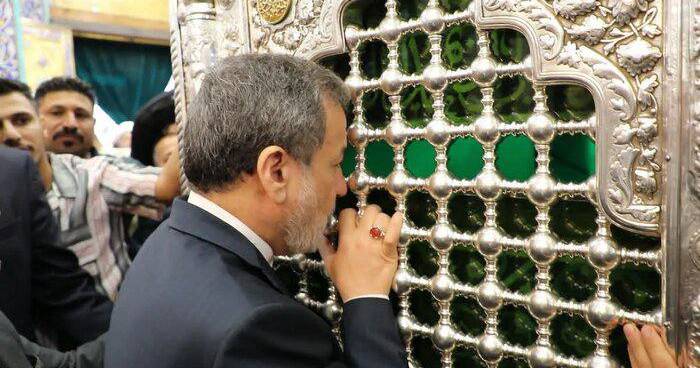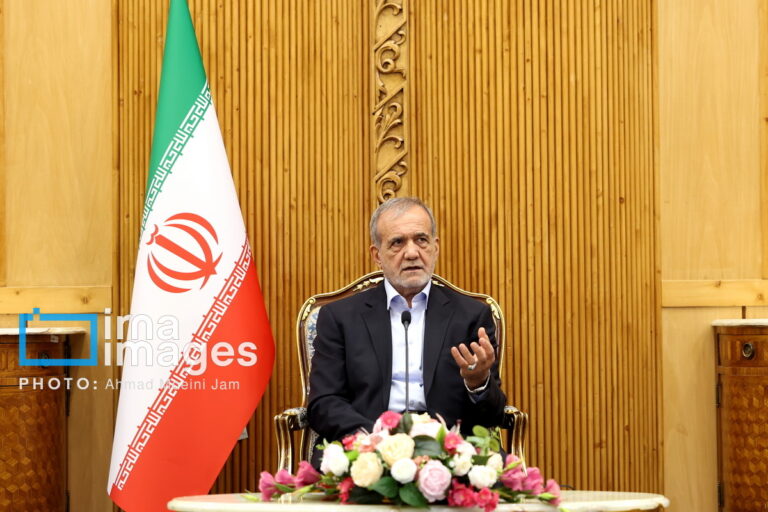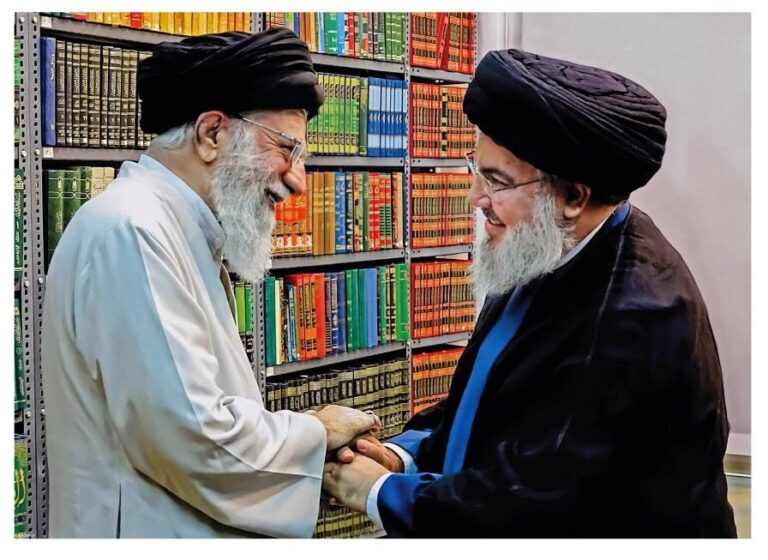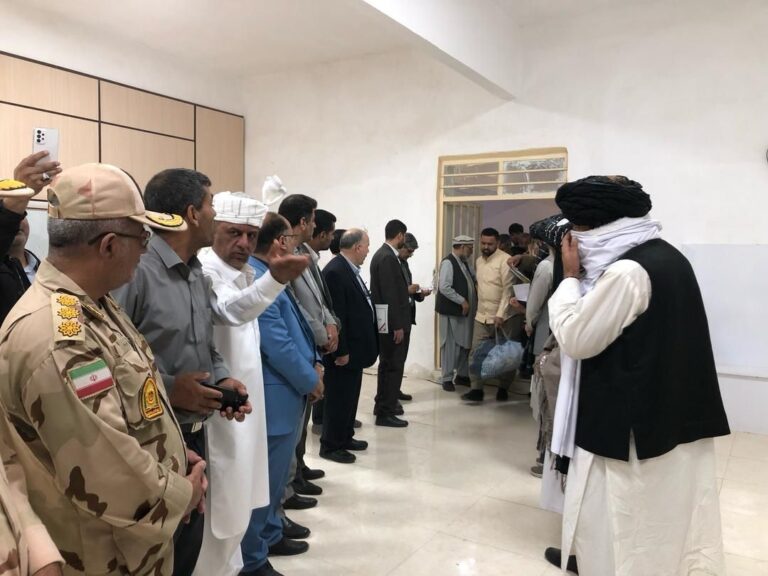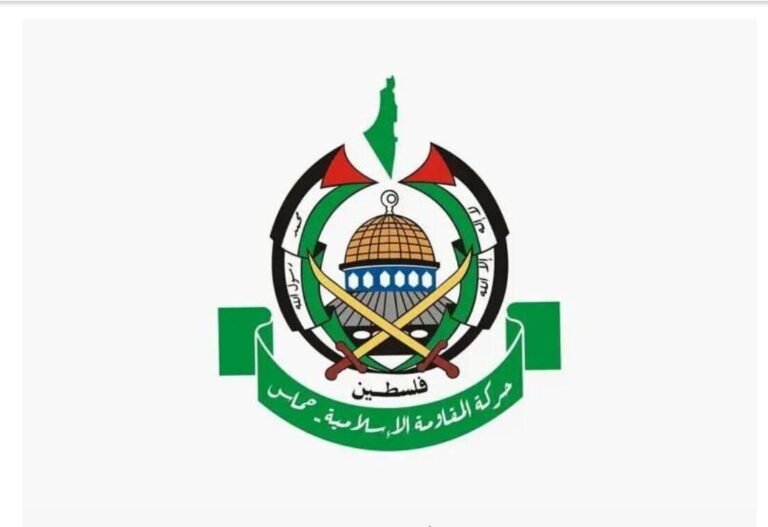Historic Jolani Trial in France: Paving the Way for International Justice in Syria
At a pivotal moment in the ongoing Syrian conflict, the recent lawsuit brought forth by human rights organizations against Ahmad Hussein al-Shara, widely known as Abu Mohammad al-Jolani, in the French courts marks a significant development in the pursuit of international justice. This legal action, which addresses charges of genocide and war crimes, is a crucial step towards restoring the voices of victims and challenging the prevailing culture of impunity. The trial not only symbolizes an opportunity for justice but also reaffirms that accountability is possible, even in complex conflicts.
The Jolani Trial in France: A Beacon of Hope for Justice and Dignity for Syrians
In this regard, it is essential to recognize the efforts of civil opponents to the former Syrian regime who have paved the way for this legal initiative. Their actions are foundational for establishing a comprehensive justice process that targets all perpetrators of violence against the Syrian people, without exception or bias.
- From Militia Leader to Genocide Accused: The Implications of This Trial
- A Documented Record of Violence: Human rights organizations, including those associated with the Syria for All movement led by Mohammad Izzat Khatab, have compiled extensive documentation of atrocities committed by factions under Jolani’s command. These include identity-based killings, summary executions, and the forced displacement of civilians belonging to religious minority groups.
- The Necessity of International Justice: In a context where local justice mechanisms are ineffective or paralyzed by polarization, international judicial action becomes both a moral and political imperative. Despite being late, the trial of Jolani is a significant stride toward justice.
- Syria for All: A Vision for Justice Beyond Vengeance
- Protecting Minorities in Practice: Violations against Alawite, Christian, and Druze minorities must be addressed. Citizenship should form the bedrock of Syrian identity, distancing it from the sectarianism that has been exploited by various actors, from the existing regime to foreign-backed militants.
- A Comprehensive National Reconstruction Plan: Syria requires a thorough development strategy that focuses on rebuilding devastated areas, emphasizing transparency and accountability rather than mere quota-sharing.
- The French Trial: Justice or Political Tool?
- Why Now?: The timing of the trial raises questions, particularly since the West has previously supported extremist factions. This trial may represent an effort to rectify past missteps.
- The Dangers of Selective Justice: Focusing prosecution solely on Jolani while ignoring the regime’s crimes could erode trust among Syrians in the concept of international justice. True justice must be inclusive; otherwise, it ceases to be justice.
- Why This Trial Deserves Support
- A Rejection of Takfiri Ideology: The trial serves to demonstrate that Jolani’s extremist views are misaligned with the true essence of the revolution, which has been distorted and harmed by his actions.
- Accountability as the Bedrock for Reconciliation: Justice cannot thrive on forgetfulness; it must be anchored in accountability. This lawsuit lays the groundwork for a national dialogue based on responsibility rather than justification.
- Revealing International Complicity: The trial may uncover details of ambiguous Western support for armed groups, highlighting the ethical responsibilities of international powers in facilitating reconstruction and reconciliation.
- Syria Needs Transitional, Not Selective, Justice
- Jolani’s Trial Does Not Exonerate the Regime: Those who have perpetrated mass atrocities under the guise of state authority or revolutionary fervor must also face justice. This is the essence of genuine accountability.
- Marginalized Political Opponents as Bridge-Builders: Inclusive dialogue among these figures can foster a political framework aimed at resolving the conflict—not by resurrecting the former regime or endorsing extremist agendas, but by establishing a law-governed state.
Jolani is not only a controversial figure in the Syrian war; he embodies an armed campaign that has manipulated revolutionary ideals into instruments of violence and sectarian cleansing, particularly affecting Syria’s coastal regions and minority communities.
The urgency for the “Syria for All” initiative is increasingly clear, alongside its call for the prosecution of all involved in crimes against the Syrian populace—whether they belong to the regime or armed factions. This vision also emphasizes the rejection of dubious foreign funding and aims at fostering a national socio-economic project that promotes justice and reconciliation.
While the legal proceedings in France are indeed significant, understanding their context is crucial:
A First Step Toward Greater Justice
If the trial of Jolani in France adheres to authentic legal standards, it represents just the beginning of a longer journey. It affirms that crimes do not fade with time and that justice, however delayed, is achievable. The challenge remains to extend this model to all individuals who have contributed to Syria’s ongoing suffering.
In this multifaceted landscape, the slogan “Syria for All” emerges as a civil political initiative advocating for inclusive justice that transcends sectarian divides and safeguards all Syrians from oppression—regardless of its origin. Because Syria is for everyone—there is no place for tyrants or extremists.
Source: MNA
